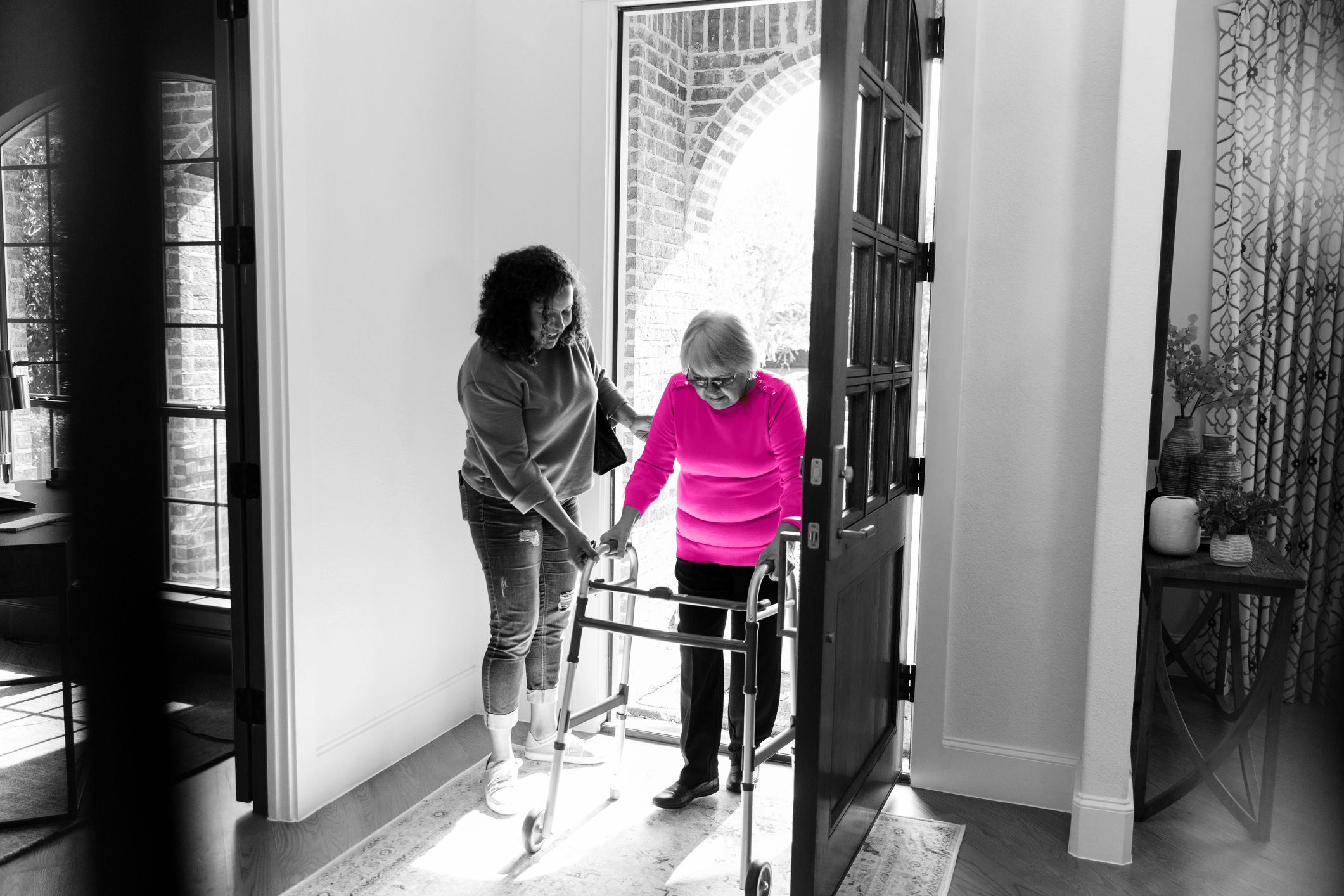Is your home protected with a current Will?
All homeowners would be prudent to review their situation and in most cases to have an up-to-date Will to ensure that their property, and their possessions, are properly protected if they should die unexpectedly. Sarah Lamb, a Wills specialist at Fraser Dawbarns, explains why.
Intestacy
At present the rules covering intestacy (dying without a Will) vary considerably depending on whether you are cohabiting or are married or in a civil partnership, and whether or not you have children.
If you are married with no children then, in the absence of a Will, everything would pass to your spouse.
If however, you have children, then a surviving spouse would receive assets to the value of £322,000 plus all personal possessions. The remaining estate would then be divided so that half of it also passed to the spouse, and the other half is divided equally between the children. This rule has been known to cause issues for families, particularly where there is a substantial property but limited other assets.
Discover more about Sarah Lamb
If you are unmarried but cohabiting then, unless there is a Will, your partner will not be entitled to anything that you leave. If you have children, they will inherit from you instead.
If you are single with children, they will inherit and if you are single with no children then various other relatives stand to benefit. If, however, you die with no Will and no living relatives, your estate will go to the Crown, when you might prefer to leave it to friends or a charity of your choice.
Joint ownership or tenants in common?
However, the intestacy rules should not be looked at in isolation. Where a couple owns a property, if one of them dies then the outcome will also depend on whether the property is owned as joint tenants or as tenants in common.
Where the property is owned as joint tenants then the survivor would become the sole owner. If the property is owned as tenants in common, then the portion owned by the person who dies would be treated in accordance with their Will, or under the intestacy rules if there is no Will.
Considering the use of a Trust
Depending on your circumstances, a Life Interest Trust could be a useful way of ensuring that the person with whom you share your home is definitely able to carry on living in it if you die, but without inheriting it outright.
It can help to ensure that they will be provided for, and will safeguard the property from second marriage, financial difficulties or care fees. There can currently also still be Inheritance Tax advantages if you are seeking to pass assets on to the next generation, although the Government may change this.
A Life Interest Trust is also used where unmarried cohabitees both have children from previous relationships and wish to leave assets to the children in the long term but wish their partner to have use of the house in the short term.
However, there are other planning options and the key message in all of this is that one size does not fit all and homeowners should ensure they have suitable professional advice in how best to protect their family home. Contact the private client team for help with your Will.
How To Contact Us:
To contact a member of our team, you can fill in our online enquiry form, email info@fraserdawbarns.com, or call your nearest office below. If you’d like to speak to a member of our team at one of our offices across Norfolk and Cambridgeshire, visit our offices page.
Wisbech: 01945 461456
March: 01354 602880
King’s Lynn: 01553 666600
Ely: 01353 383483
Downham Market: 01366 383171
This article aims to supply general information, but it is not intended to constitute advice. Every effort is made to ensure that the law referred to is correct at the date of publication and to avoid any statement which may mislead. However, no duty of care is assumed to any person and no liability is accepted for any omission or inaccuracy. Always seek advice specific to your own circumstances. Fraser Dawbarns LLP is always happy to provide such advice.
Related Articles
Recommended By The Legal 500 Directory*
*We are recommended for the following practice areas: Corporate and Commercial, Debt Recovery, Employment, Personal Injury: Claimant, Agriculture and Estates, Contentious Trusts and Probate, Family, Personal Tax, Trusts and Probate & Commercial Property.
ServicesContact















